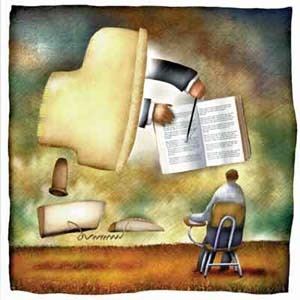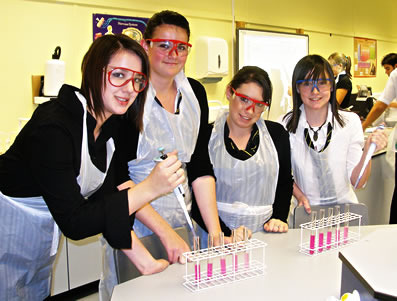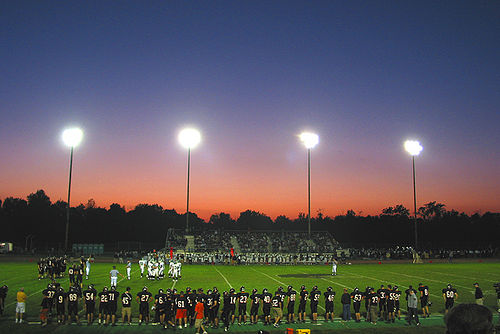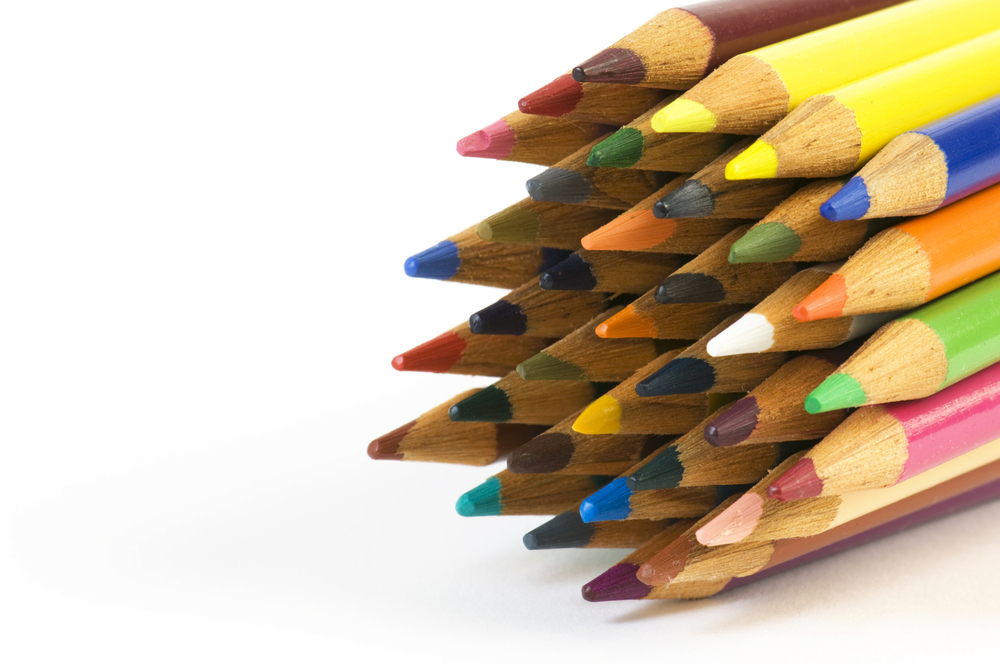learning
Great Presentations
A good communicator is hard to find. I like this presentation by Xplane. Learning how to express ideas is so important in all aspects of life. Especially teaching.
Dealing With Problem Students – Getting Feedback
Dealing With Problem Students – Getting Feedback
The Best Teacher Questions
Do your teachers (whether they be in school, your boss, your parents, or yourself) think of this list before they teach you?
- How can I prepare and present information in a way that motivates my students to love learning?
- How do I teach a group when some students learn faster or have more background than others?
- How do I find a consistent teaching method when students have such different teaching styles?
- How can I control the classroom and still give students individual freedom?
- How can I make a deep, life-changing impact on my students?
Just think if every boss, teacher, employer, mom and dad thought of these questions. This is what I am going to strive to do.
(list from Learning and Teaching for Exponential Growth – A three person problem by Susan Peterson Gong)The Best Teacher Questions
Do your teachers (whether they be in school, your boss, your parents, or yourself) think of this list before they teach you?
- How can I prepare and present information in a way that motivates my students to love learning?
- How do I teach a group when some students learn faster or have more background than others?
- How do I find a consistent teaching method when students have such different teaching styles?
- How can I control the classroom and still give students individual freedom?
- How can I make a deep, life-changing impact on my students?
Just think if every boss, teacher, employer, mom and dad thought of these questions. This is what I am going to strive to do.
(list from Learning and Teaching for Exponential Growth – A three person problem by Susan Peterson Gong)Competition – Good for Learning or Not?
I read in The First Days of School, about how grading on a curve is
not the best method. It pits the students against each other, and
makes more of the focus on the grade verse learning.
But then I thought about how competition can be a powerful motivator.
I started think about ways to use competition in learning to increase
and help.
I came up with these ideas
1. class verses class – assign a project that will be judged
impartially with a prize for the best class
2. outside competition – if you are teaching graphic design, have
students each submit a design to threadless
3. competition that doesn’t affect grades – have students compete on
fastest time to reach book, or best score on a test but don’t have it
affect grades.
How To Really Assess Learning
How To Really Assess Learning




